Nature reports
Category: Other
Page 8 of 9 - 86 Results
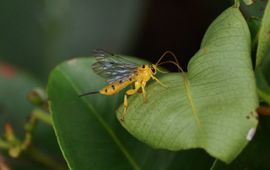
Parasitic wasps can move their ovipositor, a tube-like organ for laying eggs, in any direction by changing the shape of the end of the tube. Therefore, they can steer the ovipositor with muscles in their abdomen. This technique..
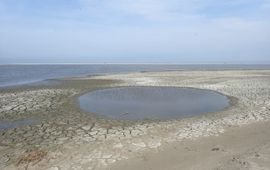
If the weather's clear, you can see them from the air: the Marker Wadden. They're brand new islands in the Markermeer, a lake in the central Netherlands that was once part of the saltwater Zuiderzee. As more and more land emerges..
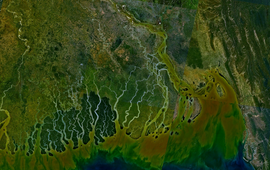
The pressure of increasing population growth in deltas is causing more and more interference with the natural processes. Despite global concerns about river delta degradation, human activity in the world's largest deltas still..
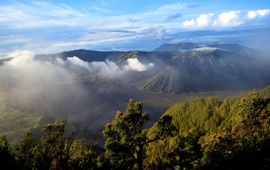
An international team of scientists has proposed a new multi-disciplinary approach in which an array of new technologies will allow us to map biodiversity and the risks that wildlife is facing at the scale of whole landscapes. "If..
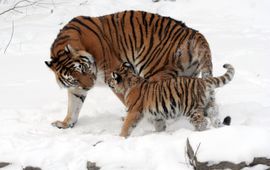
Stanford biologists say disappearance of species tells only part of the story of human impact on Earth’s animals. In the first such global evaluation, biologists found more than 30 percent of all vertebrates have declining..
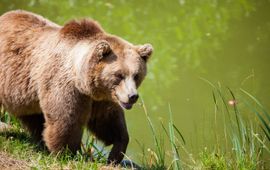
A large variety of species in the world is not doing so well. They range from corals to trees to bears. Ten of these species are highlighted in this article. ..
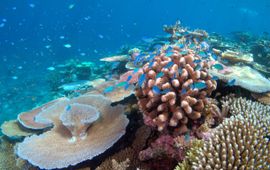
The future of the world’s coral reefs hangs in the balance, but it is not too late to save them, according to a major study published in the prestigious journal, Nature...
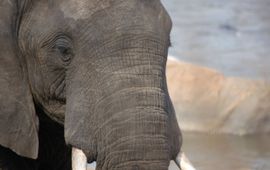
How is Africa’s wildlife faring? Last year there were a number of significant actions taken on behalf of, and new data released about, many of Africa’s iconic species. What follows is a brief summary of these developments...
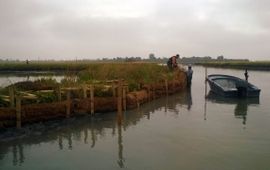
In the past 100 years 72% of the salt marshes of the lagoon of Venice was lost due to erosion. The EU LIFE VIMINE project successfully reduced erosion by creating biodegradable barriers of wooden fascines. Long-term protection is..
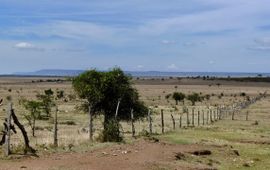
The Greater Mara is a 668,500 hectare natural area in south-western Kenya which is home to a unique variety of wildlife. But it is also home to the famous Masai tribe. New research shows that the area is gravely threatened by..
